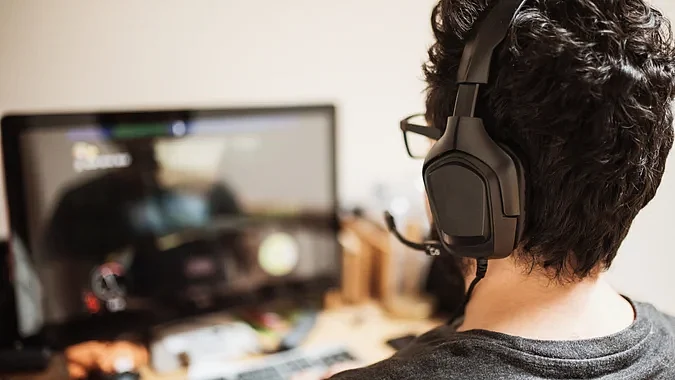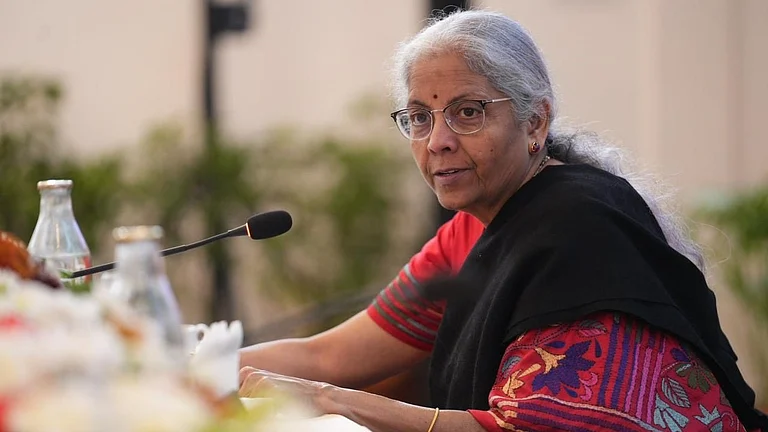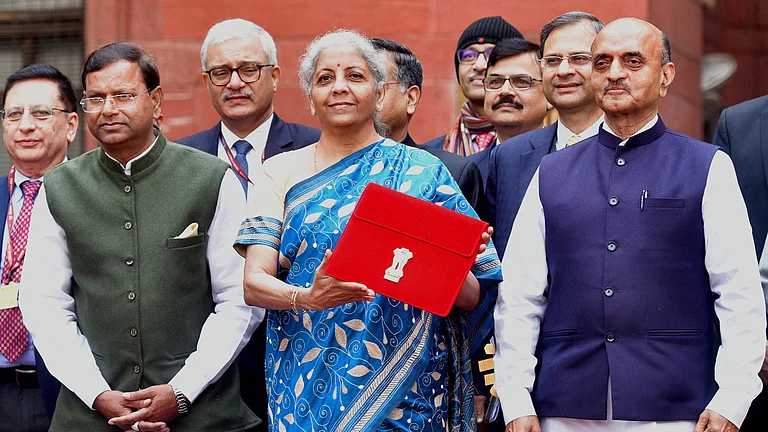A significant majority of Indian real-money gamers, about 60 per cent, have stated that they will probably play less now that the government has decided to tax online gaming at a rate of 28 per cent (GST).
The 'State of India Gaming' report, which was produced in conjunction with Lumikai and Google and was made public on Thursday, raises worries about how the higher tax and modifications to tax deducted at source (TDS) may affect the frequency of gaming. Lumikai is a gaming and interactive entertainment venture fund.
The revenue division of the finance ministry raised the tax rate on online gaming in September, significantly raising it from the prior 18 per cent. The 51st GST Council meeting's proposal was followed in making this decision.
According to the research, tax demands have surpassed industry revenues. Specifically, tax notices from FY18–23 totaled $8.9 billion, compared to $4 billion in business revenue.
Additionally, the government has distinguished between gaming outcomes that are paid for with cash and those that are not through taxation and regulation.
In 2023, financing for the gaming industry in India fell by 75 per cent year over year, mirroring a 79 per cent global reduction. Investments decreased to $567 million in 2022 from a peak of $1.744 billion in 2021.
The gaming industry is still expanding, notwithstanding obstacles. India demonstrated its prominence as one of the world's leading gaming marketplaces in FY23 with an estimated 1540 crores game downloads.
More than half of the nation's internet users, or over 56.8 crores, are gamers. 14 crore paid users have signed up, which is a 17 per cent annual increase.
According to demographic data, 60 per cent of Indian gamers are male and 40 per cent are female, with the majority of them being in the 18–30 age group.
Notably, the percentage of gamers from non-metropolitan areas has increased from 57 per cent to 66 per cent in FY23. The majority, or almost 62 per cent, said that UPI is the best way to pay for sports.
































